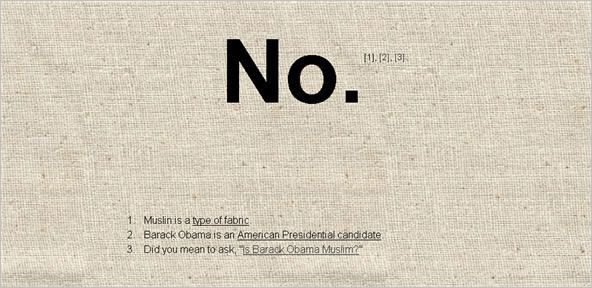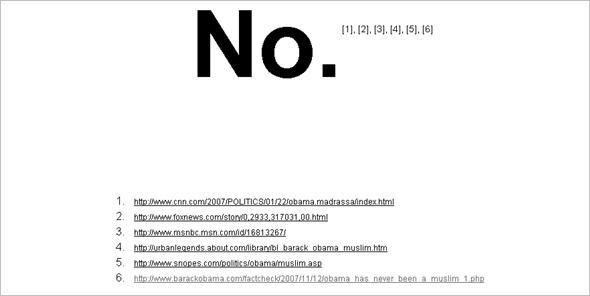Search engines are an excellent source of high quality web traffic. They don’t send visitors who ’stumble upon’ your website or accidently clicked on an ad banner. Instead, they send you interested visitors who type in a query while fully expecting to find what they need. They are engaged right from the start and ready to buy, browse or read. If their desire is well fulfilled by your webpage, you may end up getting a bookmark, customer or repeat reader. Added bonus: search engine traffic is consistent and usually cost-free. Ranking well for several relevant keywords or phrases could get you a steady stream of visitors everyday. That’s why some businesses choose to hire SEO firms/consultants. There are many factors involved in the actual ranking of a site on a search engine results page, one of them being the use of keywords in the domain name. While the use of a keyword or key phrase does not alone promise a high ranking, it does seem to be a factor to some extent, partially because the domain name is often used as the anchor text for links. Why do I talk about this? Because one way to get more search engine traffic is to build many of what I call ‘mini-funnel’ websites for specific keyword phrase/search queries. All of these slave websites could be designed as pointers to funnel traffic to your master site. Alternatively, they could be used as a stand-alone site to build exposure/accumulate leads. Let’s do an example. I recently came across ’Is Barack Obama a Muslim‘ a one-page website created by someone to answer that one specific search query. The domain name and title tag consists of the keyword phrase (isbarackobamaamuslim) and the word ‘No’ links to the U.S democratic presidential nominee, Barack Obama’s campaign website. Screenshot: Just in case the user misspells his/her query there’s also ‘Is Barack Obama Muslin‘, a one-page website created specifically for possible incorrect search terms (the usefulness of this is offset by search engine auto-correction). In any case, this page contains 3 links, one to the Wikipedia page for ‘Muslin’, one to Obama’s campaign site and the other to the site mentioned above. And then there’s the ‘Is Barack Obama Muslim‘ version of the site with the ‘a’ alphabet dropped. This particular one ranks the highest on both Yahoo and Google for the ‘is barack obama muslim‘ phrase, taking the no. 1 spot and even outranking Obama’s own official website. This appears to be the most established version of the three; Yahoo site explorer shows that it has 10,762 incoming links compared to the hundreds for the two other sites. These mini-sites were created to provide answers to a specific question, one that is rather popular because rumors of Barack Obama being a Muslim have been circulating through viral emails or blogs. The goal of these two sites is to debunk the rumors by funneling traffic to Obama’s official site, which provides a clear explanation on the topic. So the strategy is pretty clear-cut here. Create websites to answer specific search queries or deal with specific topics. Then use them to generate leads or send traffic to your home base. Here are some elements which I think would really make these mini-sites work: The Obama examples given above use the exact keyword search query as the domain name/title tag, which encourages people to link using the same words. You don’t have to stick to keyphrases; brandable non-keyword domain names are OK too, although I think its best to at least have some keywords in the title tag, since you’re going after visitors from search. But then again, search engine algorithms can be unpredictable. Such a site might fall out of favor for some reason and lose its rankings. That’s why its important to give it a good push at the start by promoting it on social media channels to make sure that it serves its purpose as a lead generator/traffic funnel. The resulting links might also help your site develop trust. So, what do you think of these mini-funnel websites?


 Subscribe via RSS
Subscribe via RSS

0 comments